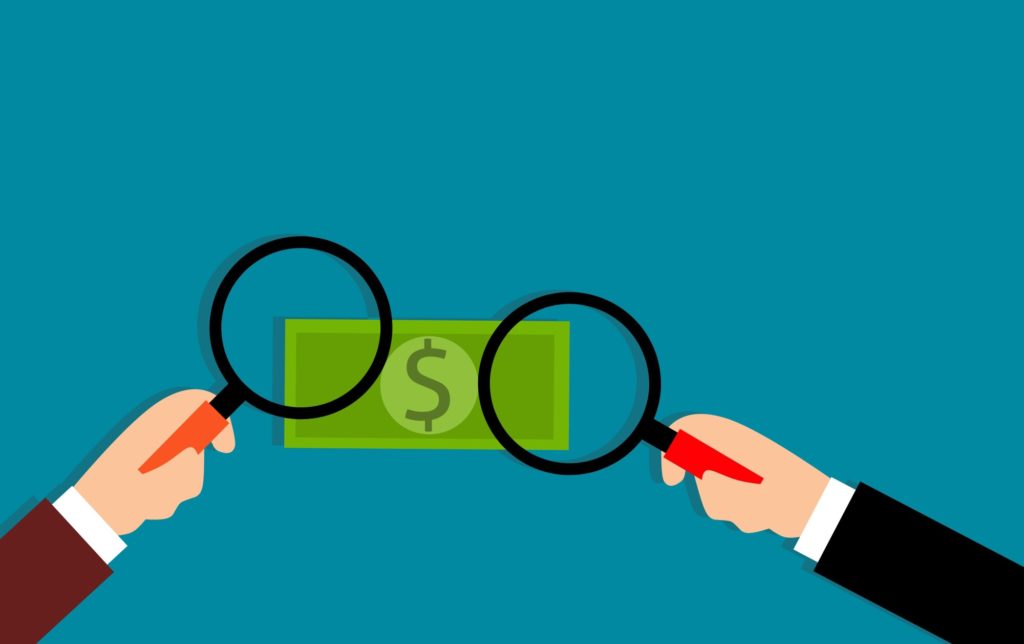
If you’re dealing with overwhelming debt, you may feel all alone. Isolated. Desperate for solutions. You’re not the only person struggling. Did you know that one out of eight Americans is in debt? And this number is only rising as more people are finding it hard to recover after the seemingly never-ending pandemic.
During these hard times, you may be considering filing for bankruptcy. Read on to learn how taking on more debt before filing bankruptcy could cause problems.
What Is Bankruptcy?
Bankruptcy is a legal action involving an individual who is unable to repay their debts that allows a person to legally eliminate most consumer debts. (There are certain debts that bankruptcy can’t get rid of, such as child support or spousal maintenance, certain taxes, court fines and restitution, and a few others.) The bankruptcy process starts with talking with an experienced bankruptcy attorney.
During that conversation, we’ll discuss your debt, income, and overall financial situation and talk about whether or not bankruptcy might be a good option for you..
Bankruptcy Requirements
This is some of the information you may need for your first consultation:
- Where your prior income come from and how much you’ve (and your spouse, even if they’re not filing) earned in the last six months;
- Payment to creditors, including to friends and family members, in the last 12 months;
- Any legal actions such as garnishments, repossessions or foreclosures;
- Gifts to others;
- Any losses such as gambling, theft, or accidents;
- Closed financial accounts;
- Safe-deposit boxes;
- Personal belongings and real estate.
If you don’t have all of that, that’s okay. It’s better to take the first step. We’ll work with you to get everything you need to make the bankruptcy process as smooth as possible.
What Is the Difference Between Debt Settlement and Bankruptcy?
If you’re researching how to manage your debt, you may have come across an option besides bankruptcy: debt settlement. Debt settlement and bankruptcy are very different. The above definition of bankruptcy allows most individuals to remove their debt entirely. Chapter 7 bankruptcy will usually eliminate debt without the filer having to pay any money. Chapter 13 bankruptcy involves the filer being in a repayment plan for up to five years. At your initial consultation, we’ll discuss which chapter is best for your financial situation. Sometimes, Chapter 7 isn’t an option.
However, with a debt settlement, the individual still pays a portion of their original debt. In many cases, a debt settlement allows the individual to only a portion the full amount. However, you can negotiate these numbers or make a lump-sum payment to clear out a settlement. Don’t load up on debt before applying for a debt settlement program. In most cases, any new debts will be added to your total value of debt. Therefore, you will need to pay a portion of this back anyway. Or you may be denied debt settlement services altogether for suspicion of fraud.
Contrary to common thought, debt settlement can have a more negative effect on your credit report than bankruptcy. It’s possible to qualify for a mortgage two years after filing a Chapter 7 and one year after filing a Chapter 13. In the last year, I’ve had about a dozen of my Chapter 13 clients buy homes.
Taking On More Debt Before Filing Bankruptcy: Should I Load Up On Debt before Filing Bankruptcy?
The short answer is no – absolutely not. You should avoid any new debts at least 90 to 180 days before filing bankruptcy. If you purposely take out debt before bankruptcy, knowing you may not pay it back, you could be accused of committing fraud. It could ruin your chances of getting your debt eliminated by the bankruptcy court.
Should I Move Assets Around Before Filing?
It’s best to not move any personal belongings or real estate before filing for bankruptcy without consulting with an experienced Colorado bankruptcy attorney first. For example, don’t transfer your car to your brother-in-law because you’re afraid the bankruptcy court will take it. If you need to move assets around, speak with your attorney first. There are instances where this may be allowed. Don’t make the mistake of transferring assets before you talk to a lawyer.
Should I Repay Personal Debts?
Don’t repay any loans to a friend or relative without talking to a lawyer first. The bankruptcy court can, in some circumstances, recover money that was repaid to those persons. Imagine having to explain to your friend or relative why there is a court order forcing them to turn money over to the bankruptcy court. If you have already paid off some personal debts, let us know so we can help you navigate any problems.
Can I Continue to Use My Credit Cards Before I File Bankruptcy?
You should stop using your credit cards before filing for bankruptcy, as it may also be a form of fraud. You may not be eliminate those charges or – in a worst case scenario – you could have your entire bankruptcy thrown out. This is another reason taking on more debt before you file bankruptcy can cause headaches.
You May Need a New Bank Account
When you file for bankruptcy, there’s a chance your current bank account may be closed, especially if you owe money to your bank.
So to avoid added stress, have a new bank lined up that suits your needs. It doesn’t really matter what bank or credit union you use, just as long as you don’t owe it any money for anything like a credit card, loan, or overdraft fees. Move your direct deposit to that account before you file bankruptcy.
Talk With An Experienced Denver, Colorado Bankruptcy Lawyer Today
Paying off debt can seem stressful and sometimes impossible. Bankruptcy gives you a chance for a fresh start.
If you’d like to learn more about whether or not bankruptcy might be a good option for you and what mistakes to avoid, like taking on more debt before you file, you can talk to an experienced Denver, Colorado, bankruptcy lawyer. We have helped thousands of people from all walks of life find relief from their debt problems. Bankruptcy may be the right solution for you, to help you get a fresh start and rebuild your credit.
We’ll be happy to answer any questions you may have. Feel free to schedule a free consultation and check out our website for more information about bankruptcy and credit repair. Bankruptcy is all we do.
Check out what our clients say about us on our Facebook, Google, and Avvo pages.


